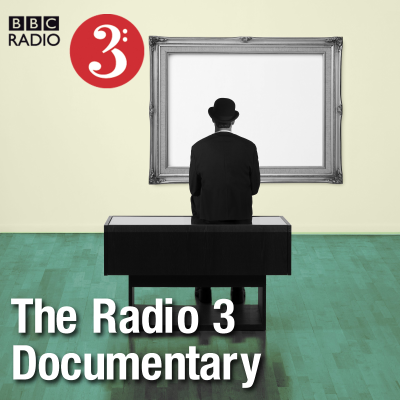
The Radio 3 Documentary
Englisch
Gratis en Podimo
Kostenlos hören bei Podimo
Starte jetzt und verbinde dich mit deinen Lieblingspodcaster*innen
- Vertraut von über 1 Mio. deutschen Hörer*innen
- Über 1.000 lokale Podcasts und Shows – nur bei Podimo
- Keine Zahlung nötig
Mehr The Radio 3 Documentary
In-depth documentaries which explore a different aspect of history, science, philosophy, film, visual arts and literature. The Sunday Feature is broadcast every Sunday at 6.45pm on BBC Radio 3.
Alle Folgen
280 FolgenSound Sources
Paul McCartney, Jean-Michel Jarre and Lee Renaldo on their debt to classical music.
Time Canvasses - Morton Feldman and Abstract Expressionism
In a remarkable moment after WWII New York became the centre of the art world, simultaneously seeing the development of new ways of hearing music, and new ways of seeing art. It was here that the American experimental composer Morton Feldman said, “What was great about the fifties is that for one brief moment - maybe, say, six weeks - nobody understood art. That’s why it all happened”. The composer Samuel Andreyev shows how composers and artists in New York in this period went about the difficult business of wrestling with a new abstract language, often at great cost to themselves, to produce some of the masterpieces of post war American art. Samuel focuses on the powerfully productive relationships that Feldman had with the abstract expressionists, Philip Guston, and Mark Rothko, who showed him by example how to set his sounds free, in the same way their paintings set colours free. Feldman even called his own compositions, ‘Time Canvasses’, where he said, he more or less primed the canvas with an overall hue of music. This is a clue to the unorthodox way Feldman’s music - which can be both very long, and almost always very quiet - remarkably blurs what we imagine to be the boundary between music and painting. A Soundscape Production, produced by Andrew Carter.
Tuner of the World
"For the next hour, I need your ears". It's 1974 and someone is trying to recruit you for a listening experiment on public radio in Canada. Pioneering Canadian composer and soundscape maestro, R Murray Schafer really wants you to commit: "if you're just listening to this programme casually, you'd better turn it off right now". This audio experiment was part of a series on the CBC - the Canadian Broadcasting Company, called Soundscapes of Canada, consisting of ten hours of soundscape montage, field recordings and lessons in listening. From Church bells, to birdsong, to car horns and an entire episode made up of people across Canada giving the sound recordist directions: this was 'slow radio' years ahead of its time. The series was recorded and produced by The World Soundscape Project, a group Schafer set up to raise the importance of the soundscape in what he saw as a world of increasing noise, which had reached "an apex of vulgarity". The group went on to publish Soundscape: The Tuning of the World - a vast anthology documenting just about every kind of sound you could imagine - natural, human-made and technological. R Murray Schafer was many things – Canada’s preeminent experimental composer of the 20th Century, an artist, novelist, educator, musicologist, historian, and environmental activist. Schafer was also a romantic, with a strong sense of Canadian identity, who preferred rural life with an uncluttered sense of place. Critics, and he had many, accused him of being abrasive, a luddite, and prone to cultural appropriation. Above all though, Murray was a passionate listener, constantly pushing his message of an "ecologically balanced soundscape" by asking "which sounds do we want to preserve, encourage, multiply?" In this sound-rich documentary (best enjoyed with headphones) John Drever, Professor of Acoustic Ecology and Sound Art at Goldsmiths, University of London explores Schafer’s life and legacy, as the soundscape now has an ISO framework for consideration in urban design and planning in the UK and beyond. Contributors: Hildegard Westerkamp, Barry Truax, Ellen Waterman, Claude Schryer, Lisa Lavia, Tin Oberman, Andrew Mitchell and Francesco Aletta. Soundscapes of Canada and Vancouver Soundscape material used with kind permission of the World Soundscape Project, Sonic Research Lab, School of Communication, Simon Fraser University, Canada. Use of 'Crescendo' courtesy of Martyn Ware Presented by John Drever Produced by Rami Tzabar A TellTale Industries production for BBC Radio 3
Supply Lines
Via ports and truck-stops, fulfilment centres and ring roads, Aidan Tulloch follows the supply chain and reimagines the journey an item goes on in the age of 24/7 delivery.
New Generation Thinkers: The Perfect Balance
Dr Anindya Raychaudhuri searches for different perspectives on the idea of balance.
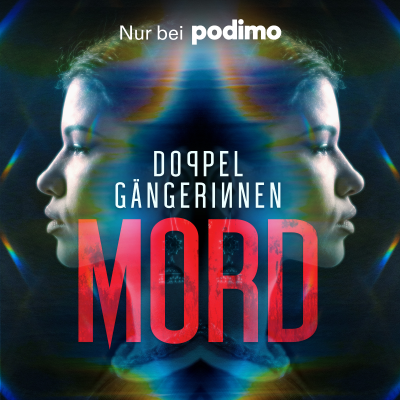
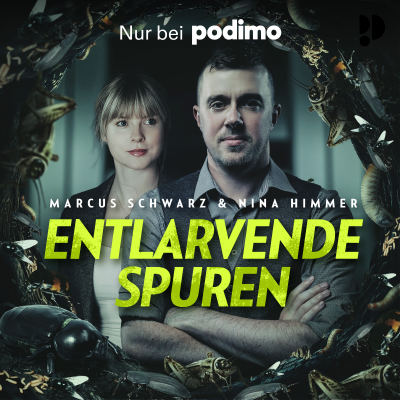

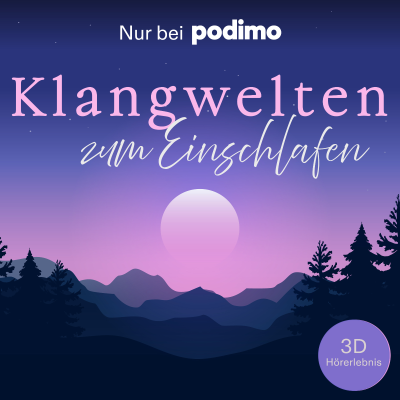

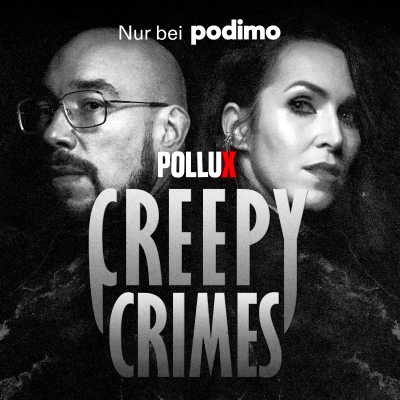

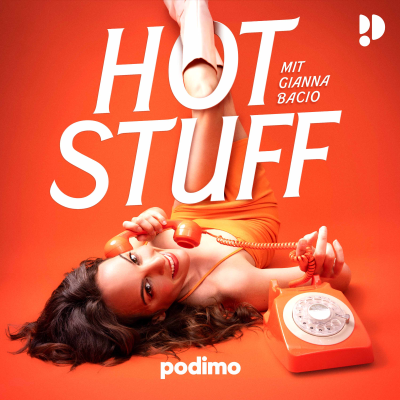






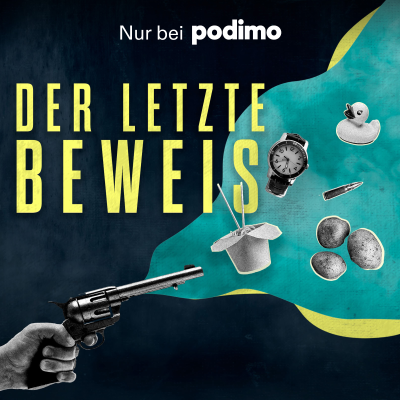




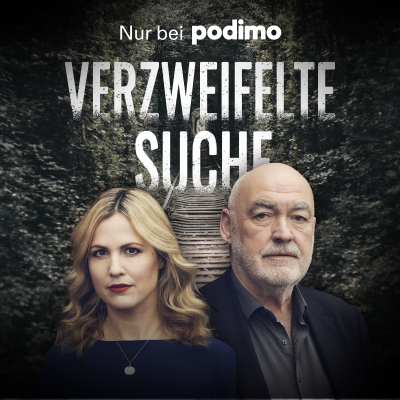



























![Schöne falsche Welt [ungekürzt]](https://cdn.podimo.com/images/94ef5516-5cad-447c-a77c-763337e12a35_400x400.png)